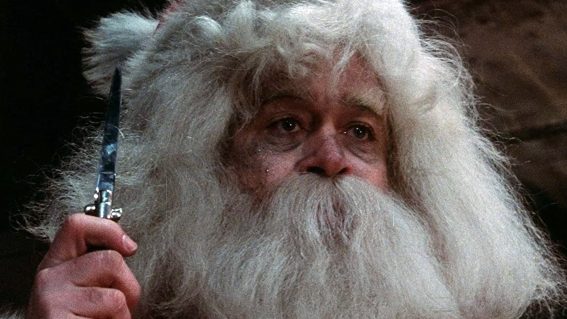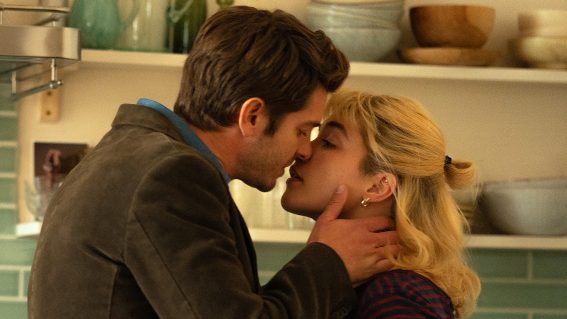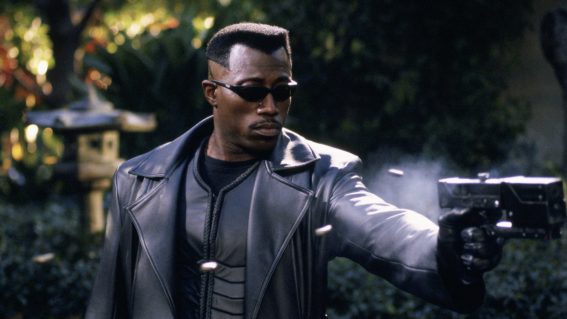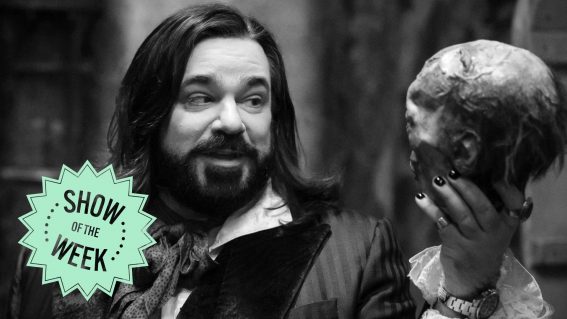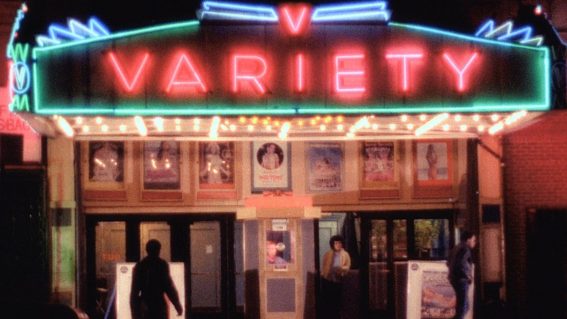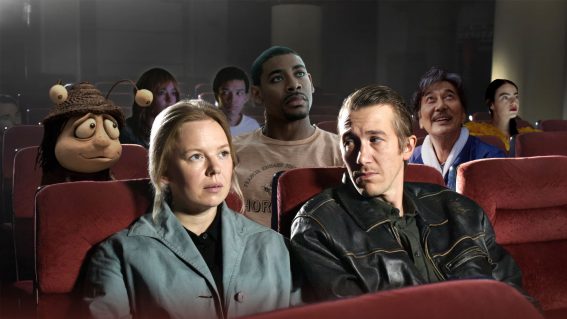Shelf Life #16

Don’t think for a second that Aaron stopped watching movies – these posts may have dried up for a bit, but now he’s back with a fresh batch of not-so-fresh, seldom-seen films that might just tickle your fancy. From a mock assassination thriller (probably not safe to try on US campuses these days) to a testament to erection (of buildings, sleazebag) and an intriguing psychological tale, these three titles deftly sidestep the familiar.
TAG: THE ASSASSINATION GAME

I can’t say I’ve ever played the “assassin game” — a phenomenon which apparently swept campuses in the ‘80s – but this long-forgotten 1982 feature film version by John Carpenter’s buddy Nick Castle doesn’t do a good job of making it look particularly enticing (it looks super-lame actually). Probably best known for playing Halloween’s Michael Myers and directing cult fave The Last Starfighter, Castle spends little time spelling out the mechanics of the game, but it isn’t too difficult to figure out, basically involving contestants, all whom belong to a guild, getting assigned targets to assassinate with plastic dart guns.
In the film, the game is folded into a straightforward slasher plot, featuring a five-time champ named Gersh (Bruce Abbott, Re-Animator) who goes berserk and starts offing his opponents for real when he accidentally loses a hit. Linda Hamilton, just on the verge of breaking out with The Terminator, plays his main competitor, Susan Swayze, a sultry Bacall-esque psych major who’s among the film’s many hat-tips to film noir. Another is Robert Carradine’s cigar-chompin’ reporter who falls for Swayze in a romantic subplot that mostly fizzles.
The tone is fairly light throughout, and the kills are probably too bloodless to capture the attention of genre fans accustomed to the more hardcore slashers of the era. One definitely wishes Castle added more directorial zing and psychological weight to the material, but it’s a harmless curiosity with some novelty value, and Abbott’s over-the-top performance is kinda fun — just don’t expect oodles of twists, much gore or stylishness. Keep an eye out for Forrest Whitaker (in his film debut), and Michael Winslow (Police Academy) doing some funny noises. Hamilton tied the knot with Abbott after meeting on set.
STEEL
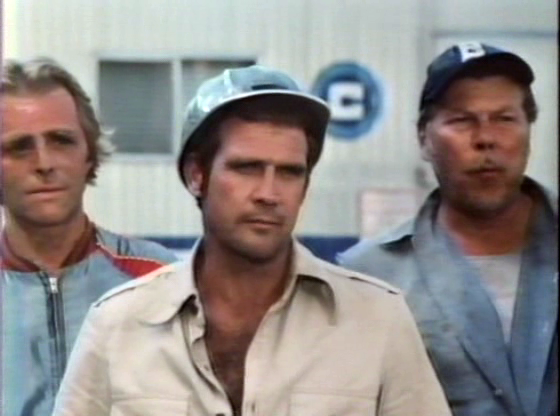
The cancellation of The Six Million Dollar Man in 1978 left Lee Majors without any TV work for a few years, and he tried his hand at the big screen — a career transition that was short-lived. But if you want to see a hint of what-might-have-been, Steel (1979) is your best best. Pretty hard to track down these days, this lively good ol’ boy romp directed by B-movie guy Steve Carver (of Lone Wolf McQuade fame) casts Majors as Mike Catton, a truck driver whose past as a revered construction foreman is called back into action when he’s hired by the daughter (Jennifer O’Neill) of a deceased property tycoon to expedite the floor-hanging of a building in time for a tight deadline.

Steel isn’t sophisticated art, but damn if it isn’t entertaining, a broad, sharply paced actioner soaked in the blood, sweat and tears of short-tempered, comically macho steel workers. You’ve got a solid ragtag crew of reliable character actors (Art Carney, Richard Lynch, George Kennedy, Harris Yulin, etc), on-location non-green-screen stunts (including one which sadly claimed the life of a stuntman), and a hilarious script that succeeds into turning the simple skyscraper construction premise into a high-stakes drama of exploding gas tanks, petty sabotage, badly timed weather and eleventh-hour vertigo. Kick back with a six-pack and enjoy (Freudian reading optional).
THE MIND OF MR. SOAMES
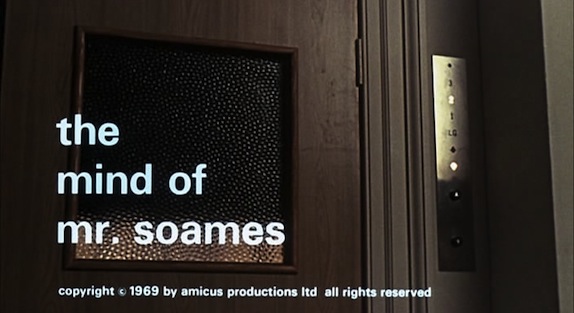
An adaptation of Charles Eric Maine’s 1961 novel, this moving, fascinating gem from 1970 was a rare non-horror venture for British studio Amicus, and unfortunately one that made no money at the box office. In one of his least-seen roles, Terence Stamp plays John Soames, a 30-year-old man who’s been in a coma since birth until neurophysiological scientists find a way to awaken him. Supervised by Dr. Maitland (Nigel Davenport) and visiting American surgeon Dr. Bergen (Robert Vaughn), Soames’ slow transformation into a fully functional, self-aware human drives the film’s narrative, which probes the ethically sticky question, through the doctors’ clashing approaches to nurturing, of whether he’s to be clinically studied like a guinea pig or raised as a free-thinking individual.
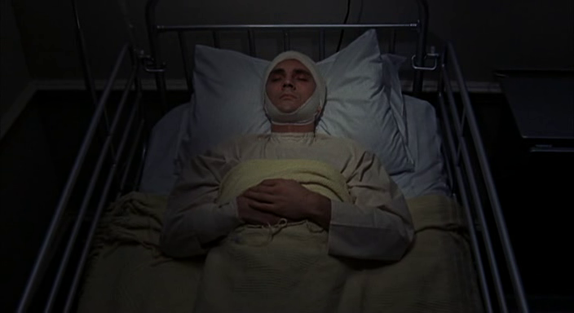
Alan Cooke’s matter-of-fact direction avoids sentimentalising the subject – he’s more inclined to step back and foreground the scientific discourse – while Stamp inhabits Soames’ man-child sense of wonder and confusion in a tour de force performance that’s both humorous and haunting (you’ll never forget the moment he wakes up). The Mind of Mr. Soames also contains one of cinema’s earliest depictions of reality TV, as Soames’ operation and subsequent development is filmed and broadcast by a television crew for the world to see. The dark, open-ended conclusion leaves sufficient food for thought. Available through Sony Screen Classics’ DVD-R line.

